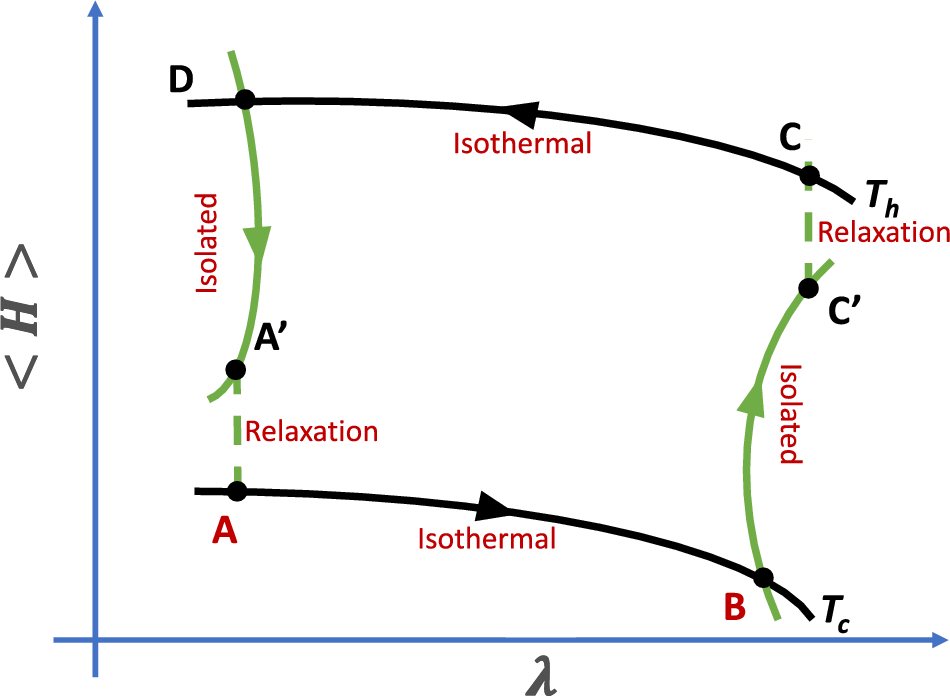EPJ Plus Highlight - Quantum refrigerators explored with a new theoretical framework
- Details
- Published on 23 May 2025

New research takes the Carnot cycle to the realm of quantum physics to explore an ideal refrigeration system
A Carnot refrigerator is a theoretical ideal model of a cooling system that operates in the most efficient way possible. Based on the principles of thermodynamics and the Carnot cycle first theorised by French physicist Sadi Carnot in 1824, Carnot refrigeration has enthralled scientists for over 200 years, even when not directly implemented, providing inspiration for “real-life” cooling systems like fridges and air-conditioners.
A new paper published in the journal the EPJ Plus by Bolu Abant Izzet Baysal University physicist Ferdi Altintas offers a framework for designing quantum refrigerators, relevant for cooling in quantum technologies like quantum computing.
“Carnot refrigerators set the ultimate efficiency benchmark. Think of it like a super-ideal fridge. It works by transferring heat from a cold place, like the inside of your fridge, to a warmer place, like your kitchen, using a specific cycle of steps,” Altintas said. “This cycle, called the Carnot cycle, consists of four stages: two where the system exchanges heat with its surroundings at constant temperatures — isothermal steps — and two where it changes its properties without exchanging heat — adiabatic steps.”
Altintas added that the beauty of the Carnot refrigerator is that it sets the gold standard for efficiency, an ideal model that no real fridge can exceed.
“In our study, we apply this idea to quantum systems, using particles like spins or oscillators that follow quantum mechanics, not classical gases,” Altintas continued. “The model also serves as an educational tool, illustrating irreversibility and thermodynamic principles in quantum contexts.”
The chances of ever seeing a real-world quantum refrigerator based on this model are unlikely. As Altintas explained, the Carnot cycle assumes perfect reversibility, but real systems introduce irreversibility, reducing efficiency compared to an ideal model. Additionally, for quantum systems, maintaining precise control is difficult, as is managing quantum effects with elements like coherence and entanglement that don’t boost efficiency beyond the Carnot limit, complicating the system’s behaviour. Such a system would also require a complex and expensive cooling system of its own.
“Our study lays the theoretical groundwork, but building a real quantum Carnot refrigerator would need breakthroughs in quantum control and low-temperature engineering,” Altintas concluded. “It is a challenging but exciting frontier. I am cautiously optimistic, but it is a tough road ahead.”
Altintas, F. Construction of a quantum Carnot refrigerator for general working substances. Eur. Phys. J. Plus 140, 379 (2025). https://doi.org/10.1140/epjp/s13360-025-06211-5




